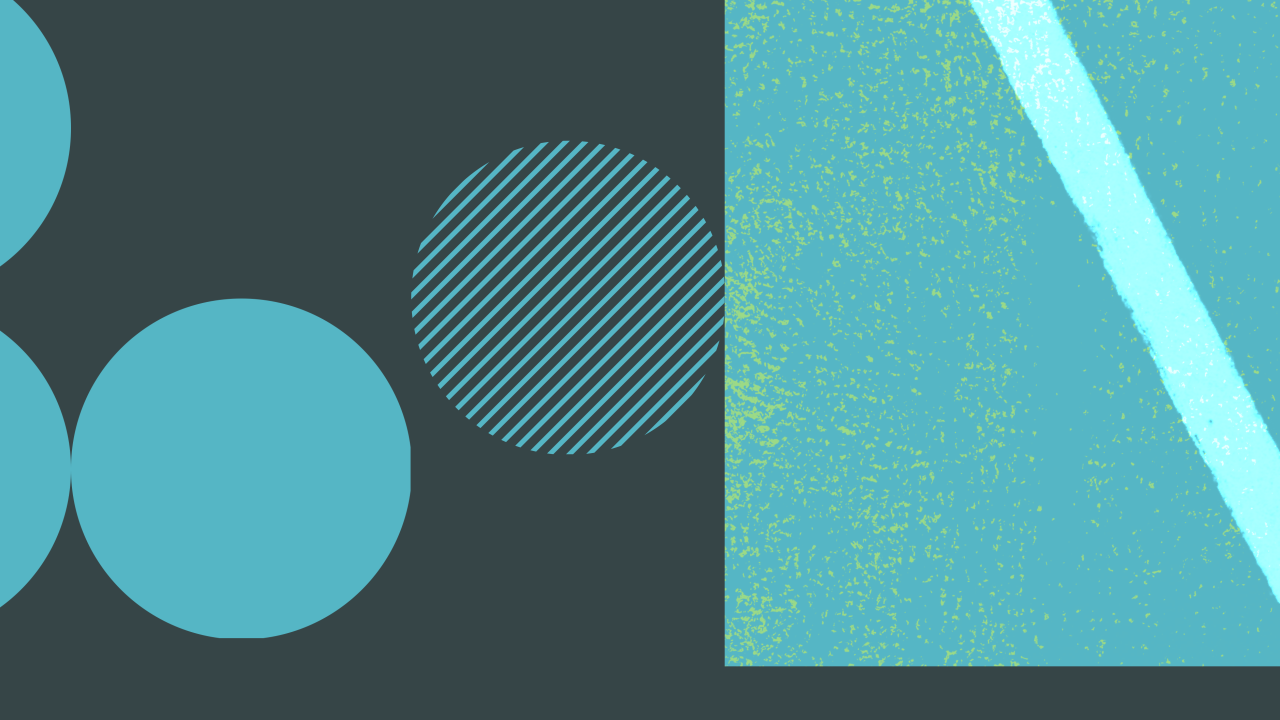How can sustainability professionals prioritize to prevent burnout?
Learn from the community’s knowledge. Experts are adding insights into this AI-powered collaborative article, and you could too.
This is a new type of article that we started with the help of AI, and experts are taking it forward by sharing their thoughts directly into each section.
If you’d like to contribute, request an invite by liking or reacting to this article. Learn more
— The LinkedIn Team
Sustainability professionals often face multiple challenges and demands in their work, such as balancing environmental, social, and economic goals, engaging with diverse stakeholders, and coping with uncertainty and complexity. These factors can lead to stress, exhaustion, and burnout, which can affect their well-being, performance, and motivation. How can sustainability professionals prioritize to prevent burnout and maintain their passion and purpose? Here are some tips to help you manage your energy, focus, and resilience.
One of the first steps to prioritize your work and avoid burnout is to clarify your personal and professional values and goals. What are the core principles that guide your actions and decisions? What are the outcomes that you want to achieve in your sustainability work? How do they align with your organization's vision and mission? By identifying your values and goals, you can filter out the distractions and noise, and focus on the tasks and activities that matter most to you and your stakeholders.
-
Laila Martins
🌻From Sustainability to Regeneration: Imagining, designing and creating solutions collectively.
Understand that your goal can't be saving the world but pushing the needle forward as best as you can where you are. If you work in a large corporate, find key supporters that can vouch and push sustainability goals even when you aren't in the room. You alone can do so much and your work is so important, make sure to make rest and recovery a habit and connect with others that are on the same journey. A community to vent to and get support from is what will make the journey a lot easier.
Another key step to prevent burnout is to set healthy boundaries and expectations for yourself and others. Boundaries are the limits that you establish to protect your time, energy, and well-being. Expectations are the standards that you communicate to others about your availability, responsibilities, and performance. By setting clear and realistic boundaries and expectations, you can avoid overcommitting, underdelivering, and feeling overwhelmed or resentful. You can also negotiate and delegate tasks, ask for help, and say no when necessary.
-
Sarah Wolfe
Communications Consultant
When you work in sustainability, it can feel like work has to be your life. A lot of people I know live, breathe, sleep, and eat sustainability. And a lot of people I know burn out. Your work is important. It has the power to change the world. But you need to protect yourself so that you can help protect the world. Be a good steward to yourself so that you can stay in this work for the long run.
Once you have defined your values, goals, boundaries, and expectations, you need to plan and prioritize your work accordingly. Planning helps you organize your tasks, schedule your time, and allocate your resources. Prioritizing helps you determine the urgency and importance of each task, and decide what to do first, next, and last. By planning and prioritizing your work, you can reduce procrastination, confusion, and stress, and increase efficiency, effectiveness, and satisfaction.
Even if you have a clear plan and a strong sense of priority, you still need to take breaks and recharge regularly. Breaks are the pauses that you take during your workday to rest, relax, and refresh. Recharging is the process of restoring your physical, mental, and emotional energy after a period of intense work. By taking breaks and recharging, you can prevent fatigue, boredom, and burnout, and enhance your creativity, productivity, and well-being.
-
Sarah Wolfe
Communications Consultant
Is it a beautiful day where you are? Don't forget to go outside and enjoy it. Too many of us spend our day fighting to protect our beautiful world at the cost of spending time in it. Nature recharges us. It gives us the motivation we need to continue the work. Stop reading this and go outside.
Another tip to prevent burnout is to seek support and feedback from others who share your sustainability vision and values. Support is the assistance and encouragement that you receive from your colleagues, mentors, friends, and family. Feedback is the information and advice that you get from your supervisors, peers, clients, and partners. By seeking support and feedback, you can build trust, collaboration, and learning, and overcome challenges, doubts, and isolation.
Finally, one of the most effective ways to prevent burnout is to celebrate your achievements and impact in your sustainability work. Achievements are the milestones and outcomes that you accomplish in your projects, tasks, and activities. Impact is the positive change and value that you create for your organization, community, and environment. By celebrating your achievements and impact, you can acknowledge your efforts, recognize your contributions, and renew your passion and purpose.
-
Brenda Staines
Head of Governance @ UN Global Compact Network UK
In my experience, it is important to write down positive feedback and milestones achieved. Whenever you feel that you are behind or not making any impact, go back and read this so you can realise how far you have gone.
